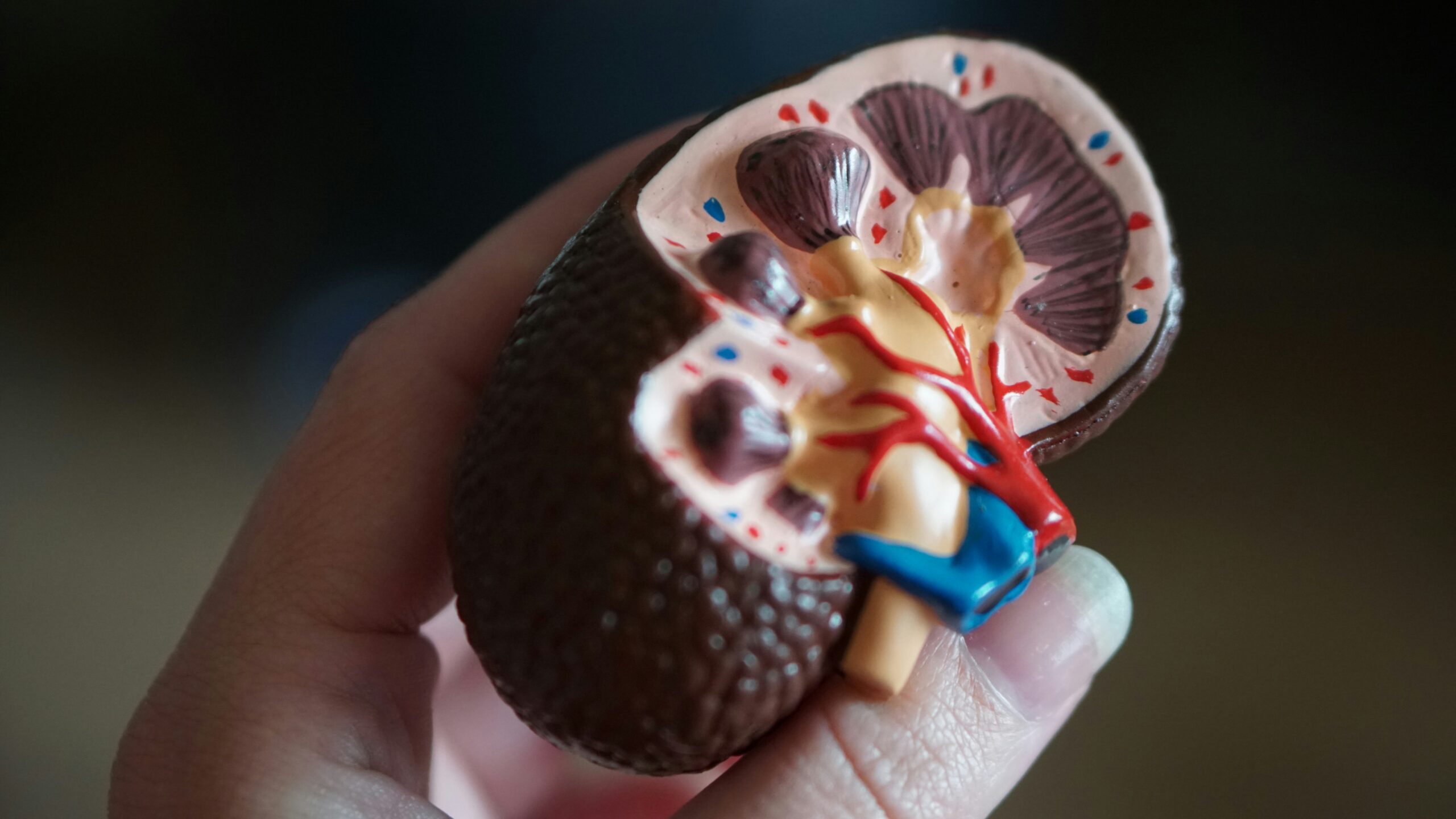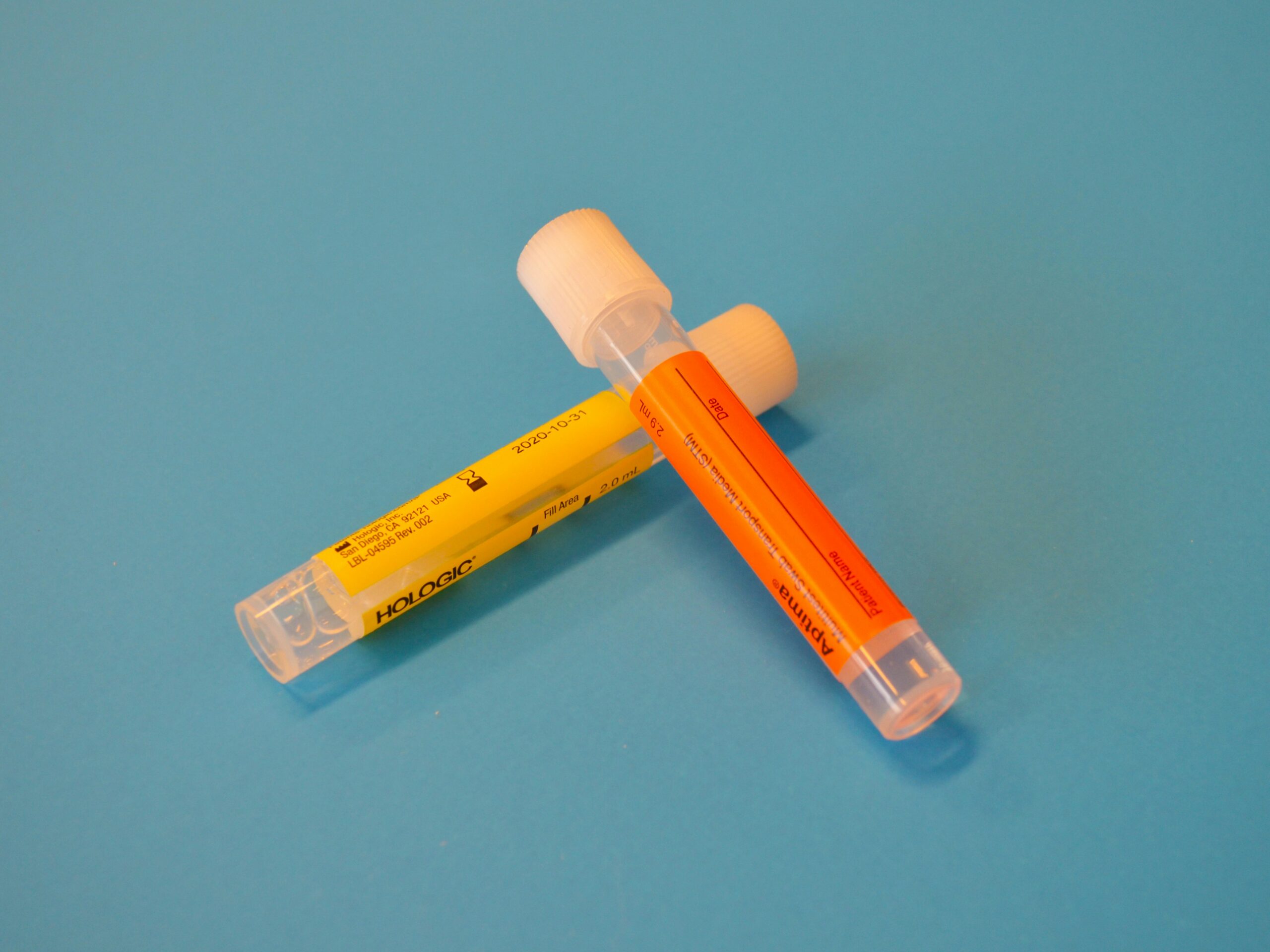Hematuria is the word utilized to characterize urine blood content. Even though it might show up exasperating, this serves a great reason. From some degree, generous to very genuine, hematuria within the pee can be a sign of numerous distinctive maladies.
Hematuria can appear as either gross hematuria—defined by the presence of obvious blood within the urine—or minuscule hematuria, in which case blood cells are shown but as they were visible under a magnifying lens.
A side effect may be a clue or expression indicating a urinary tract issue comprising the bladder, ureters, kidneys, and urethral framework. It isn't one unmistakable therapeutic condition. The kidneys control body excretion, maintenance, and creation of pee. Hematuria can have a few etiological causes; in this way, influenced people must see a specialist. Whereas once in a while, it's only a passing blip on the wellbeing radar, other times, it may point to a more serious ailment requiring prompt treatment.
Hematuria is rather common. At a few times in their life, a great number of individuals will have this illness. Concurring to standard pee tests, 13% of the populace has minuscule hematuria—undetectable to the uneducated eye. Inadvertently passing blood in their feces, increasingly individuals are doing.
Still, noteworthy hematuria—that which is evident—is not or maybe common. When it creates, even though individuals ordinarily feel immediately stressed and discover themselves driven to see a specialist right away, the rate of this condition can be affected by age, sexual orientation, way of life, and even hereditary inclinations, including smoking or a family history of renal pathology.

Hematuria has as numerous different causes as the disorder it results from. Among the long list are contaminations, tumors, stones, and wounds. We are going to survey a few of the foremost frequently occurring causes beginning to appear.
Ordinarily beginning as the primary sickness, urinary tract diseases, or UTIs, are Pathogens entering the urinary tract that can initiate aggravation and a disease. The regular result of this contamination is hematuria. Even though they can strike anybody, urinary tract diseases are more common in ladies because of their life structures. Pyelonephritis, a clutter caused by contamination spreading to the kidneys, increases the probability of hematuria.
Kidney stones are also considerable and troublesome gatherings seen within the kidneys. They can be bothersome when they travel the urinary tract since they bother and tear the sensitive linings, which can cause hematuria and bleeding. Imagine the suffering involved in attempting to pass a little, sharp stone through your urinary framework; as a rule, this results in blood in your pee.
One frequently found contributing cause is injury. This seems to happen after a mischance, a drop, or, indeed, a typical workout program that requires noteworthy exertion. Long-distance runners seem to encounter “runner's hematuria,” a disorder that ordinarily goes absent without treatment.
Moreover, hematuria, a sign of urinary tract cancer, can particularly affect the bladder, kidneys, ureters, or urethra. Given that urine may be an early sign of cancer, its blood substance is one of the key likely reasons.
In that case, what does hematuria look like? Serious hematuria appears by ruddy, dark red, or brownish pees. Indeed, although the color might seem frightening, it doesn't continuously appear how genuine the fundamental restorative circumstance is. On the other hand, little hematuria can't be seen with the exposed eye and can, as it were, be found with an ordinary pee test.
The contrasts in hematuria side effects depend on the root cause. A urinary tract disease can cause burning after you urinate, having to go to the washroom a part, lower stomach torment, and now and then fever. If the contamination gets to the kidneys, you might feel torment in your back or side and be wiped out to your stomach.
Intense torment within the beats is what rehashed renal colic is. Kidney stones usually cause it. The distress might start within the back and spread to the lower tummy and crotch. Getting wiped out and throwing up are common terrible impacts of kidney stones.
Trauma-related hematuria![]() , more often than not, happens after a clear injury, like a car crash, a drop, or a part of a strenuous workout. When these things happen, hematuria, by and large, vanishes whether you get sufficient rest.
, more often than not, happens after a clear injury, like a car crash, a drop, or a part of a strenuous workout. When these things happen, hematuria, by and large, vanishes whether you get sufficient rest.
Hematuria in the pee may be a sign that you may have cancer, particularly in the early stages. Cancers in their later stages can cause additional signs, such as weight loss, swelling, or tiredness.
The solutions that cause hematuria may not cause any more signs or cause bleeding in other parts of the body, like minor cuts or nosebleeds. Systemic infections can appear as spots on the skin, solid joints, high blood weight, leg swelling, or other signs of kidney failure.

Hematuria is frightening, but it's not unsafe. Still, the things that caused it may have huge impacts if not addressed appropriately. Urinary tract contaminations that aren't dealt with can turn into kidney contaminations on the off chance that they aren't. If these diseases aren't treated legitimately, they can cause long-term harm.
If kidney stones aren't expelled or passed legitimately, they can cause torment and blockages within the urine framework. This blockage can cause hydronephrosis![]() , a therapeutic condition in which the kidneys become larger because they hold on to as well as much water. This ailment makes you more likely to induce diseases and have long-lasting kidney pain.
, a therapeutic condition in which the kidneys become larger because they hold on to as well as much water. This ailment makes you more likely to induce diseases and have long-lasting kidney pain.
If you do not know how to discover urinary tract cancer early, it might spread to other parts of your body and make treatment more troublesome. Fundamentally, maintaining a strategic distance from terrible results depends on finding them early and acting on them accurately.
Hematuria in individuals who take blood thinners or who already have a bleeding disorder can be a sign of a more genuine bleeding affliction that may be lethal if not treated. Moreover, hematuria caused by general diseases like lupus nephritis may be a sign that your kidneys aren't working as well as they should, so you wish restorative assistance promptly.
Undertaking an intensive therapeutic history and physical examination are the primary stages in diagnosing hematuria. Doctors will require data on the length, recurrence, and severity of blood within the urine, along with any indications, drugs, and later exercises.
A urinalysis is regularly conducted as the primary clinical test. Examining ruddy blood cells, white blood cells, pathogens, gems, and other components within the urine is conducted to determine the root of the hematuria. Upon doubt of a disease, a pee culture may be performed to decide the specific microscopic organisms within the pee and the foremost reasonable anti-microbial for their treatment.
Imaging is commonly performed as a follow-up procedure when the cause of hematuria begins with haziness. Given their non-invasive nature and moo radiation presentation, ultrasounds are commonly utilized as the primary demonstrative test. This procedure is productive in identifying dysfunctions within the kidneys or bladder, such as basic anomalies, malignancies, or calculi.
If advance data are required, a CT check may be asked. Utilizing differentiated color in a CT urogram improves its demonstrative esteem in distinguishing malignancies, stones, and primary anomalies by creating a clear picture of the urine stream.
A cystoscopy may be performed to attain a more thorough comprehension of the bladder and urethra. This procedure includes the addition of a cystoscope, a limit tube equipped with a camera at its conclusion, into the bladder using the urethra. That encourages the clinician to examine the bladder and urethra for the nearness of tumors, stones, or other inconsistencies not recognized by magnetic resonance imaging. However, this test is especially advantageous when the cause of the hematuria has to be decided by other tests or when the hematuria is of considerable significance.
A kidney biopsy may be performed when there's doubt of renal disorder. The display technique includes the infinitesimal examination of a miniature example of renal tissue. A biopsy precisely determines the particular kind and degree of kidney illness, permitting specialists to decide the foremost optimized treatment–a pivotal symptomatic test for recognizing the nearness of glomerulonephritis![]() , lupus nephritis, or other renal disorders with systemic results.
, lupus nephritis, or other renal disorders with systemic results.

Compelling treatment for hematuria emphasizes the distinguishing proof and treatment of the fundamental cause. Once the cause is proven, the fitting treatment can be started to moderate side effects and avoid antagonistic results.
Antibiotics are the essential treatment for hematuria caused by urinary tract contaminations. The anti-microbial endorsement is unexpected upon the microorganisms that caused the disease, the patient's hypersensitivities, and any earlier anti-microbial utilization. Intravenous antibiotics may require a healing center or expanded pharmaceutical for more extreme contaminations, such as pyelonephritis. A brief course of antibiotics can successfully recuperate the larger part of gentle UTIs.
The seriousness of the indications, as well as the estimate, area, and mineral composition of the stone, all impact the treatment of hematuria caused by kidney stones. It isn't exceptional for little stones to pass when one expends adequate liquids and successfully manages their inconvenience. To encourage the stone's travel, doctors may endorse medicines such as alpha-blockers to unwind the ureter solid framework.
More intrusive strategies may be vital for bigger or non-moving stones. Extracorporeal shock wave lithotripsy![]() (ESWL) may be a procedure that utilizes sound waves to part stones into smaller parts, encouraging their section. Ureteroscopy depicts the strategy of embedding a little therapeutic gadget into the urinary tract to watch, evacuate, or part stones. A surgical method known as percutaneous nephrolithotomy, which straightforwardly expels huge kidney stones, may be vital in particular circumstances.
(ESWL) may be a procedure that utilizes sound waves to part stones into smaller parts, encouraging their section. Ureteroscopy depicts the strategy of embedding a little therapeutic gadget into the urinary tract to watch, evacuate, or part stones. A surgical method known as percutaneous nephrolithotomy, which straightforwardly expels huge kidney stones, may be vital in particular circumstances.
The treatment choices for hematuria related to cancer are unexpected on the sort, stage, and area of the tumor. In more extreme occasions, bladder cancer treatment may include more broad surgical strategies, such as halfway or radical cystectomy or transurethral resection, which includes the evacuation of the tumor through the urethra. Depending on the stage and review of the harm, additional therapeutic alternatives incorporate chemotherapy, radiation treatment, and immunotherapy.
Fractional or radical nephrectomy![]() could be a common surgical method utilized to remove the tumor or, if it is essential, the complete kidney within the treatment of kidney cancer. Especially focused on immunotherapies and solutions have ended up progressively predominant within the treatment of renal cancer, especially when the infection has metastasized to other organs.
could be a common surgical method utilized to remove the tumor or, if it is essential, the complete kidney within the treatment of kidney cancer. Especially focused on immunotherapies and solutions have ended up progressively predominant within the treatment of renal cancer, especially when the infection has metastasized to other organs.
If medication use is the primary cause of hematuria, it may be vital to alter the medication plan. The focal points and impediments of maintaining anticoagulant treatment must be fastidiously assessed for each person. In particular circumstances, the dose may be balanced, or an elective pharmaceutical may be executed. The condition is regularly monitored by discontinuing the use of NSAIDs and other medicines that initiate hematuria.
Hematuria caused by systemic infections such as lupus or vasculitis is overseen by tending to the basic condition to relieve irritation and anticipate kidney damage. Corticosteroids and other immunosuppressive solutions are regularly utilized to direct the safe reaction. More serious treatment, such as plasmapheresis or intravenous immunoglobulin, may be vital in extreme cases.